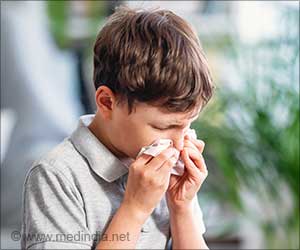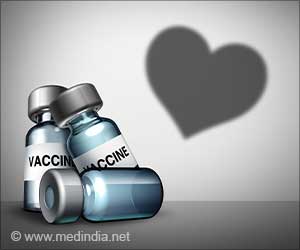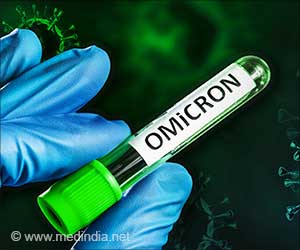
‘New nasally administered molecule could serve as a kind of biological protection against coronavirus infection that is sprayed on the mucous membranes.’
Read More..Tweet it Now
In contrast to vaccine protection, the effect of TriSb92 begins immediately after its administration.Read More..
“In animal models, nasally administered TriSb92 offered protection against infection in an exposure situation where all unprotected mice were infected,” said Anna Makela, a postdoctoral researcher at the varsity news agency IANS reported.
The TriSb92 molecule is based on an entirely new technical solution developed in Finland for targeting biological drugs. In the study, the solution was utilized to inhibit the functioning of the spike protein on the surface of the SARS-CoV-2 virus.
“Targeting this inhibitory effect of the TriSb92 molecule to a site of the coronavirus spike protein common to all variants of the virus makes it possible to inhibit the ability of all known variants effectively, Omicron included, to infect people,” Makela said.
In model virus studies, TriSb92 prevented even the spread of SARS — the virus that threatened us in the early 2000s. “In other words, we can fairly confidently assume that future variant of SARS-CoV-2 and perhaps even entirely new coronaviruses that may threaten to cause pandemics are susceptible to it,” Makela said.
Advertisement
“These types of molecules that prevent infections, or antiviral drugs for that matter, cannot substitute for vaccines in protecting the population against the coronavirus disease,” said Professor Kalle Saksela from the varsity.
Advertisement
Depending on the epidemic situation, it could also benefit fully vaccinated individuals when administered before any situation associated with a high risk of exposure,” Saksela said.
Earlier, a study found that coronavirus’s ability to infect people decreases within five minutes of being airborne. The virus loses about 90 percent of its infectivity within 20 minutes of being in the air.
The yet to be peer-reviewed study is the first to explore how the virus survives in exhaled air and emphasizes the importance of maintaining physical distancing and mask-wearing, the Guardian reported.
Ventilation, though still worthwhile, is likely to have a lesser impact. “People have been focused on poorly ventilated spaces and thinking about airborne transmission over meters or across a room.
I’m not saying that doesn’t happen, but I think still the most significant risk of exposure is when you’re close to someone,” Prof. Jonathan Reid, director of the University of Bristol’s Aerosol Research Centre and the study’s lead author, was quoted as saying.
Source-Medindia











